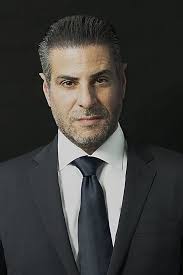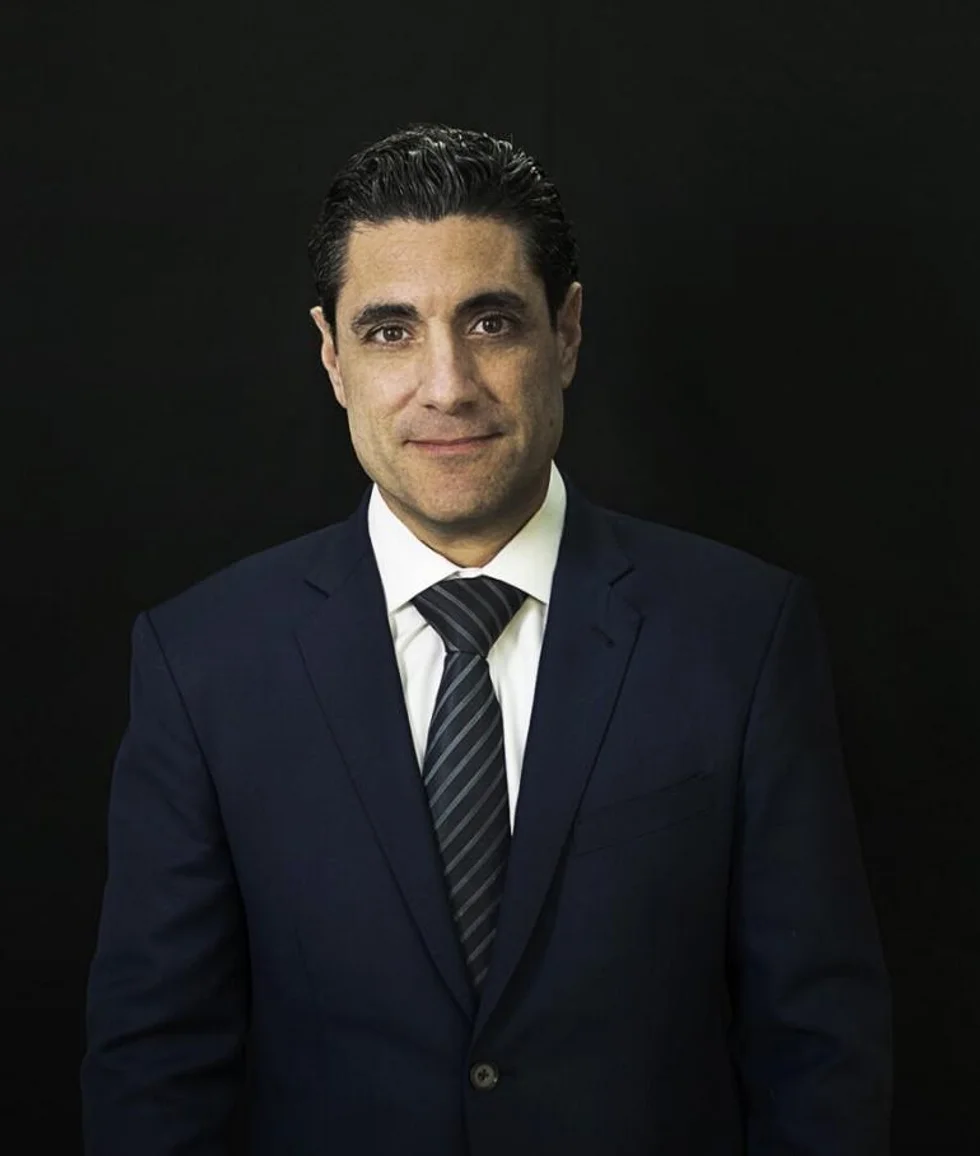|
Getting your Trinity Audio player ready...
|
Ben Ashkenazy and the Gindi Family Settle Long-Running Legal Battle: A Major Moment in NYC Real Estate
Edited by: TJVNews.com
After nearly four years of heated litigation, Ben Ashkenazy, a prominent New York City real estate developer, and the Gindi family, known for founding the retail giant Century 21, have reached a settlement that has resolved one of the most contentious legal disputes in recent memory. According to The Real Deal, this legal battle sent shockwaves throughout the close-knit Syrian Jewish community, which typically seeks to resolve conflicts internally rather than in the public eye.
The dispute between Ashkenazy and the Gindis—Raymond Gindi and his cousins, Eddie and Isaac—centered around allegations that both parties failed to meet their financial obligations on various retail properties they co-owned. Ashkenazy claimed the Gindis did not pay their share of capital calls, which left him without the necessary funds to manage the properties. According to The Real Deal, Ashkenazy further alleged that the Gindis had damaged his reputation within their community by spreading defamatory statements about him. On the other side, the Gindis countered with their own accusations, asserting that it was Ashkenazy who owed them money, adding more complexity to the litigation.

One of the most notable and explosive elements of this dispute, as reported by The Real Deal, was the intense personal animosity revealed in text messages between Ashkenazy and Raymond Gindi. In one heated exchange, Ashkenazy referred to Gindi as “a schmuck” and declared, “I can’t wait to punish” him. These messages underscored the deeply personal nature of the feud, which had grown far beyond a typical business dispute. In another text, Ashkenazy wrote, “I’m going to crush you for damages you have caused me,” further heightening the emotional and legal stakes of the battle.

The broader community, both within and outside the Syrian Jewish enclave, watched with growing concern as the feud escalated. The Real Deal noted that influential figures tried to mediate the situation. Among them was Charlie Kushner, the real estate mogul and father of former President Donald Trump’s son-in-law, Jared Kushner. Kushner, who has firsthand experience in family disputes, pleaded with both Ashkenazy and Gindi to resolve their differences, warning in a late 2020 email that “these fights have a life of their own and rarely end with a good conclusion.” Kushner’s own personal history—marked by an estrangement from his brother Murray and his imprisonment in 2005 due in part to a legal dispute with his sister—gave weight to his advice.
Despite Kushner’s plea, however, the feud between Ashkenazy and the Gindis only intensified.
The Real Deal reported that, as the litigation dragged on, Ashkenazy filed yet another lawsuit, claiming that the Gindis owed him $10 million on a loan he had provided. The Gindis, however, argued that the funds were not a loan, but rather a placeholder for distributions stemming from a cash-out refinancing deal that had been made years earlier. These financial disagreements continued to fuel the already fiery legal battle, creating a complex web of accusations and counter-accusations.
By mid-2023, a significant shift occurred. The Gindis replaced their legal representation with Darren and Terrence Oved, lawyers who are themselves members of the Syrian Jewish community and have a reputation for resolving high-stakes real estate disputes involving family dynamics. According to The Real Deal, this change in counsel marked a turning point in the feud, as the new legal team worked to de-escalate tensions and move both sides toward a settlement. Over time, it became clear that both parties were ready to put an end to the lengthy and highly publicized litigation.
The settlement reached by Ashkenazy and the Gindis brings closure to one of the most closely watched real estate legal battles in New York City. In a joint statement provided to The Real Deal, both sides expressed a desire to move forward amicably, acknowledging that while there had been “contentious moments, exacerbated by the Covid-19 pandemic,” the result was ultimately “positive, cordial,” and focused on mutual success. They extended thanks to their legal teams, particularly praising the efforts of Darren and Terrence Oved, as well as attorney David Kriss, for their role in securing a resolution where previous attempts had failed.
The settlement not only marks the end of a protracted legal battle but also serves as a significant moment for the Syrian Jewish community, which places a high value on resolving disputes internally. According to The Real Deal, the fact that this dispute spilled into public litigation was a rare and uncomfortable departure from the community’s norms, making the eventual settlement all the more significant.
The Real Deal noted that, while the specifics of the settlement remain confidential, the resolution signals a return to peace for two powerful families who were once embroiled in one of the most acrimonious legal battles in recent memory.






